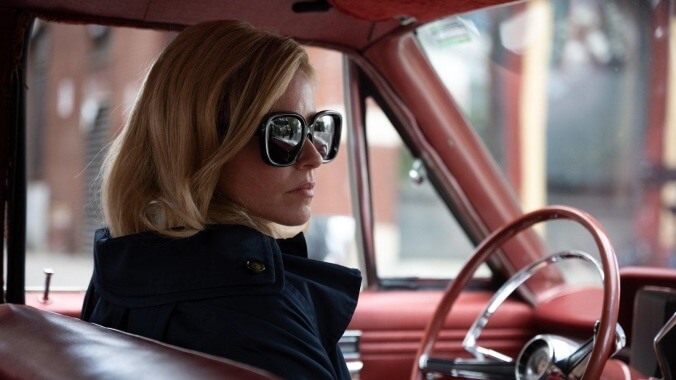Abortion drama Call Jane is an ordinary tale about extraordinary women
Elizabeth Banks and Sigourney Weaver run an underground abortion service in Phyllis Nagy’s conventional yet empowering drama

Timing is everything, as they say, a tired phrase given fresh relevancy in Phyllis Nagy’s restrained yet inspiring Call Jane, based on the true story of an underground network of Chicago activists in the late ’60s and early ’70s who provided safe abortions for thousands of women back when the procedure was often a felony offense. When the film’s script, written by Hayley Schore and Roshan Sethi, earned a spot among the year’s best unproduced screenplays on the 2017 Black List, Roe v. Wade was the law of the land. With the film’s 2022 release upon us, Roe v. Wade is dead, potentially sending abortion-seeking women back to illegal and possibly dangerous clinics to exercise free will over their bodies. So while a career-best performance by Elizabeth Banks and a spicy, Earth Mother turn by Sigourney Weaver are more than enough reasons to see Call Jane, history and timing have turned a feminist cry from a bygone era into a (hopefully not) prescient look into the future.
A first-time feature director, Nagy is best known as the Oscar-nominated screenwriter of 2015’s Carol. Call Jane does not have the cool, pristine lines of that Todd Haynes drama, but she obviously took something from it. Operating at an involving and meticulous simmer more than an angry and indignant boil, Call Jane takes us through the process of acquiring an unlawful abortion via the Jane Collective, one that’s not only highly personal, but highly secretive: passwords, blindfolds, and cash-stuffed envelopes are the tools of the trade and Nagy spares little in showing us the dank, makeshift medical room where the infectious waste trash can is as dirty as the walls.
Cinematographer Greta Zozula’s Super 16 camera roams around the worn tables and ratty couches of the collective’s modest headquarters while an energetic and motivated array of women debate which applicant should be next in line. The Janes include a nun and, most prominently, Gwen (a fine Wunmi Mosaku), who provides one of the only moments of testy, interpersonal conflict when she notes how little they help Black women.
Specifically on the receiving end of that accusation is the organization’s leader, Virginia, well-played by Weaver as an all-business, Gloria Steinem-esque protest veteran caring enough to offer her patients post-abortion spaghetti. There is some vague talk of the Collective being protected by the mob; otherwise, the main downside of Nagy’s measured approach is there’s never any danger of the walls closing in on Virginia’s illegal operation. All things considered, it seems to run rather smoothly, which is less a testament to her leadership than a knock on the film’s refined style. Even if they disbanded on their own in 1973, shortly after the passing of Roe v. Wade, the constant threat of discovery would have provided an ominous sense of risk.
